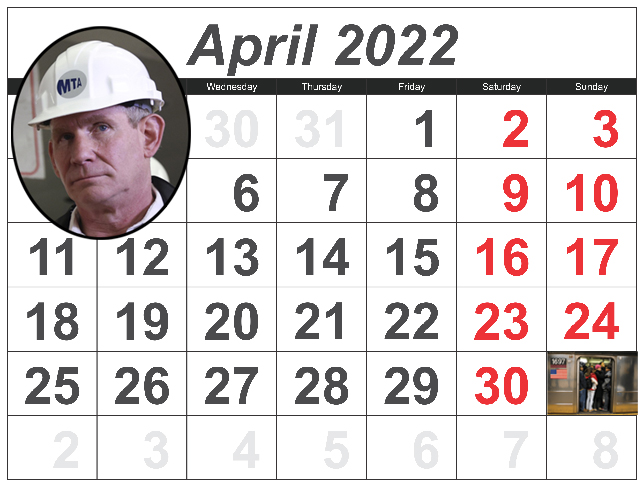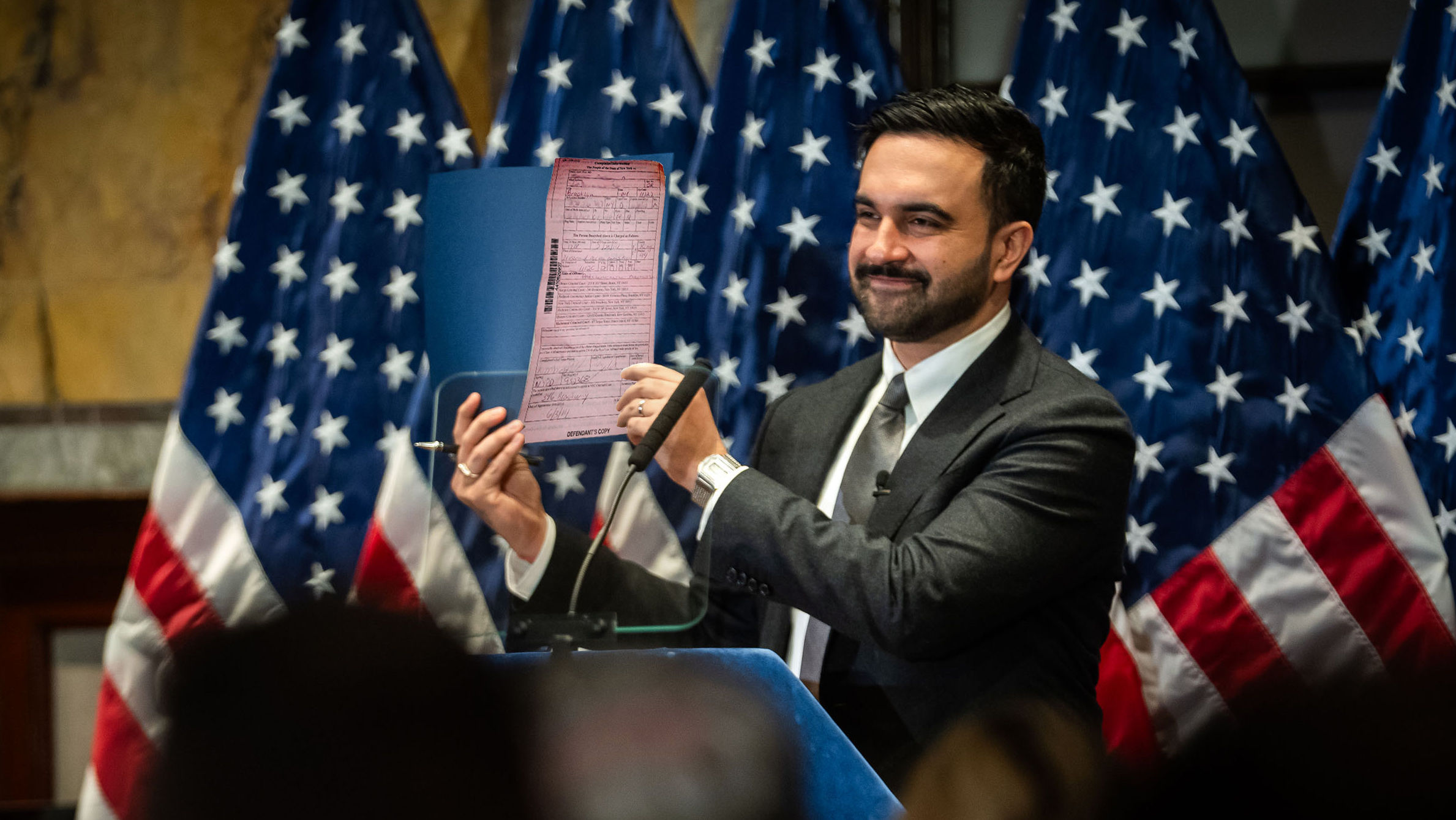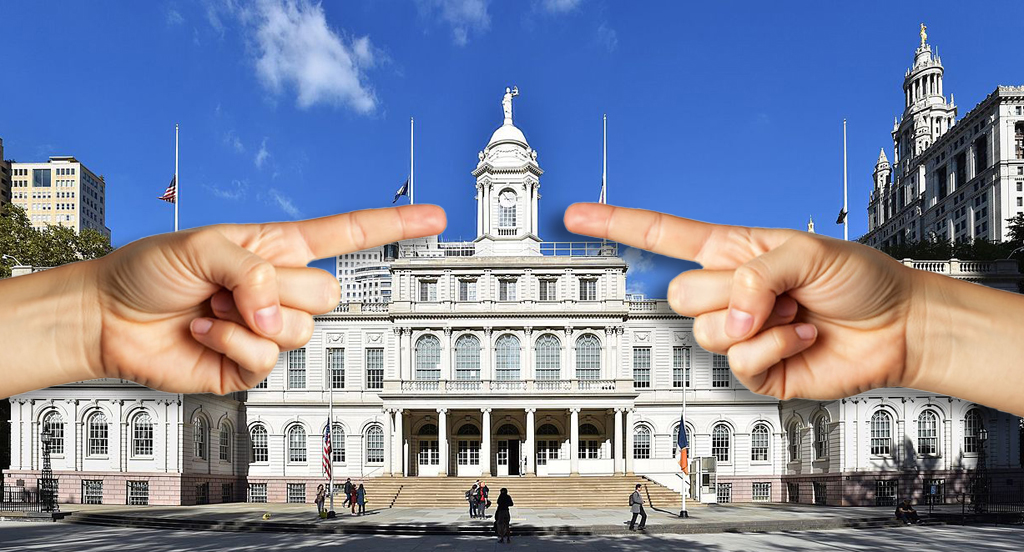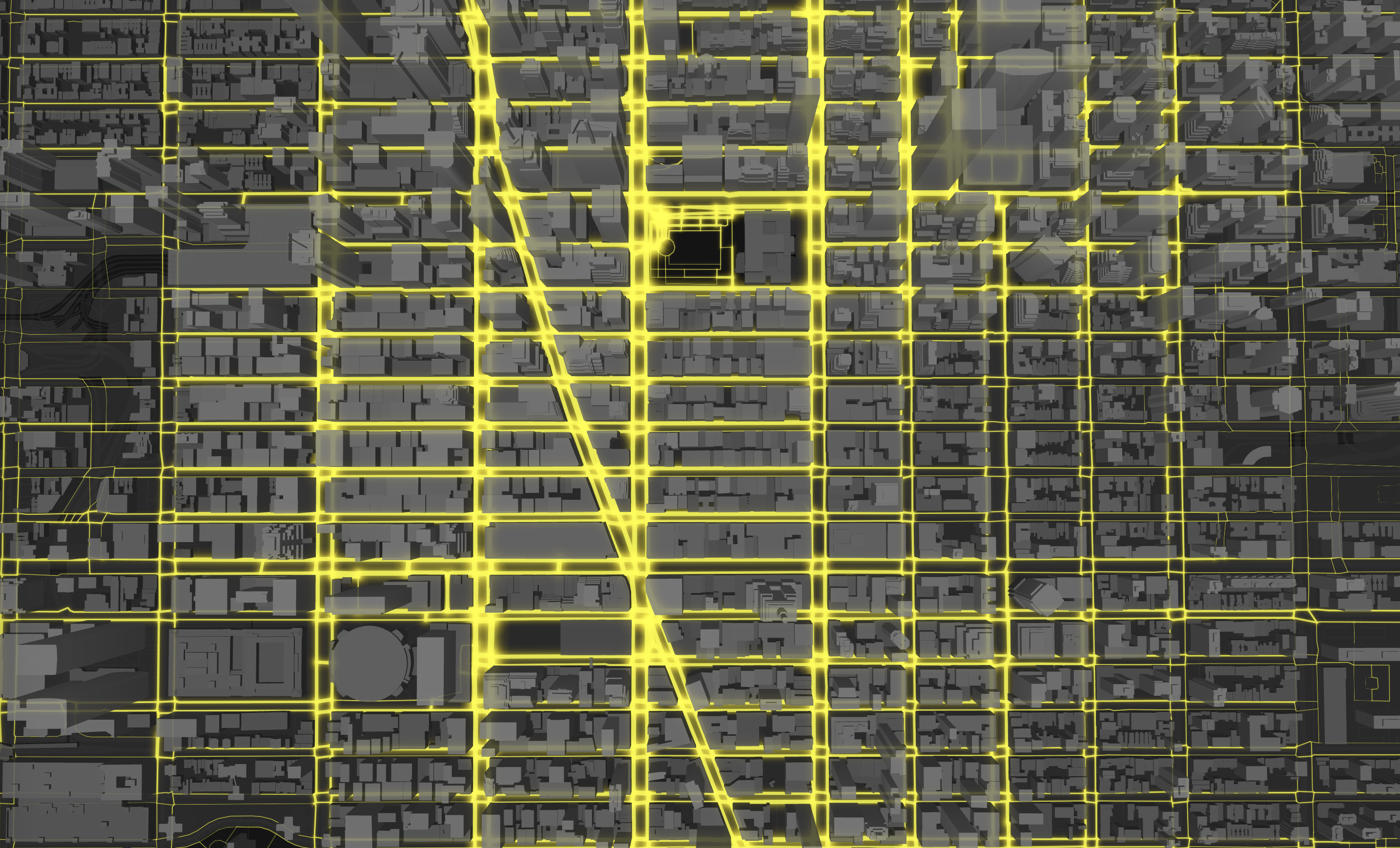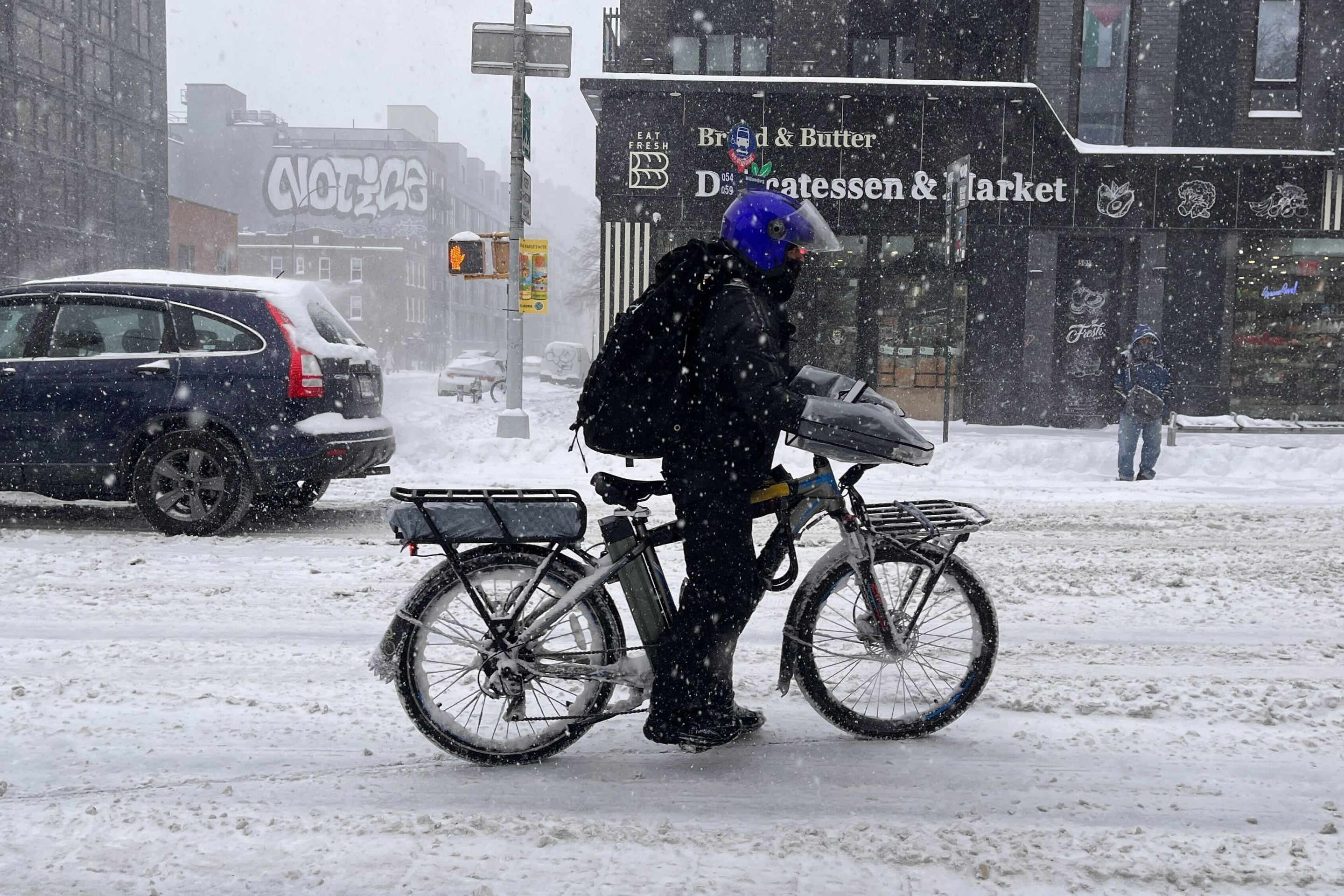It's no blue ribbon panel, but it's a start.
MTA Chairman and CEO Janno Lieber said on Wednesday that he would consider improving the excruciating weekend and off-peak service because subway ridershipship is rising on weekends faster that it is on weekdays, the result of a shift in traditional commuting patterns.
Lieber said that long weekend wait times and sometimes confusing re-routes are the result of the MTA's focus on doing track work and capital program upgrades on weekends and overnight, but added that it may be time to re-examine how the MTA balances its maintenance obligations with its "get-people-where-they're-going" obligations.
"As for what type of service or frequency of service we provide on the weekends, I think it's a fair question," said Lieber, who is fond of grading questions for suitability. "Part of the impact is that there's a really aggressive effort to complete the capital program, and getting work done on the weekends. But I will be going back to look at whether that is impeding quality of service."
Ridership data published by the MTA has shown that not only do subway commuters hate Mondays, but that the proportion of weekend riders is closer to the full number of pre-pandemic riders than weekday ridership.
"New Yorkers are ready to ride transit," Lieber added. "The principal thing that's holding them back, frankly, is that not all companies have re-established office work or certainly they haven't in the same proportion."
Lieber told reporters that part of his review of weekend frequencies would include seeing if capital or maintenance work has had disproportionate impacts to any particular service or line, something advocates said could be mitigated by making use of extra trains on nearby lines or more trains scheduled for areas of track work.
"There [is] still ... significant and essential capital work that needs to get done," said Lisa Daglian, the executive director of the Permanent Citizens Advisory Committee to the MTA. "It makes sense to look at running additional service on parallel lines and also ways to schedule more trains on lines where there is work being done to decrease headways."
Ridership last weekend was 64 percent and 68 percent of pre-pandemic ridership, while during the week, it only hit 59.1 percent of its pre-pandemic total. Despite the fact that weekend ridership has recovered faster than weekday ridership, anyone using the subway to get somewhere on the weekends has been confronted with headways that one frustrated rider compared to "commuter rail any time outside rush hour," a situation that advocates said abandons weekend straphangers.
"On the one hand, you have routine 15-minute waits on the weekends, and on the other, you have trains that crawl through work zones," said Riders Alliance Director of Policy and Communications Danny Pearlstein. "It isolates people. If you have to go to work on the weekends, you have to devote more time to your commute, keeping you away from friends and family. If you're trying to meet family and friends to do something socially, it means you're more likely to stay home in your neighborhood. So it's isolating, and it actually leads to people not leaving their neighborhoods, and spending less money, which could actually imperil our economic recovery.
"Rather than harping on fare evasion, the MTA should be telling the state legislature how they're going to solve this issue," Pearlstein added.
Riders have shared frustrations with service changes and schedules that leave them waiting for 20 minutes at a time for weekend trains, wait times that people worry could see even the weekend riders abandon the system for another form of transportation.
Weekend @NYCTSubway ridership is recovering faster than weekdays but holy crap service is awful these days. Endless re-routes, skipped stops, local instead of express, and extremely long gaps in service.@MTA must acknowledge that this can’t continue our people will abandon it. pic.twitter.com/QZUxWaxHQ2
— Jason Rabinowitz (@AirlineFlyer) April 25, 2022
Other experts said it's about time the agency put a blue ribbon panel-style urgency into the issue of better off-peak service.
"It's long past time the MTA makes a concerted effort to make weekend service more frequent, more reliable and more predictable," said Ben Kabak, the proprietor of subway-focused blog Second Avenue Sagas. "I'd prefer to see line-by-line blitzes instead of this endless piecemeal scheduling that throws weekend travel into a constant state of flux. Knowing that just one line is out of service in its entirety rather than a few lines in pieces would make weekend service less confusing."
